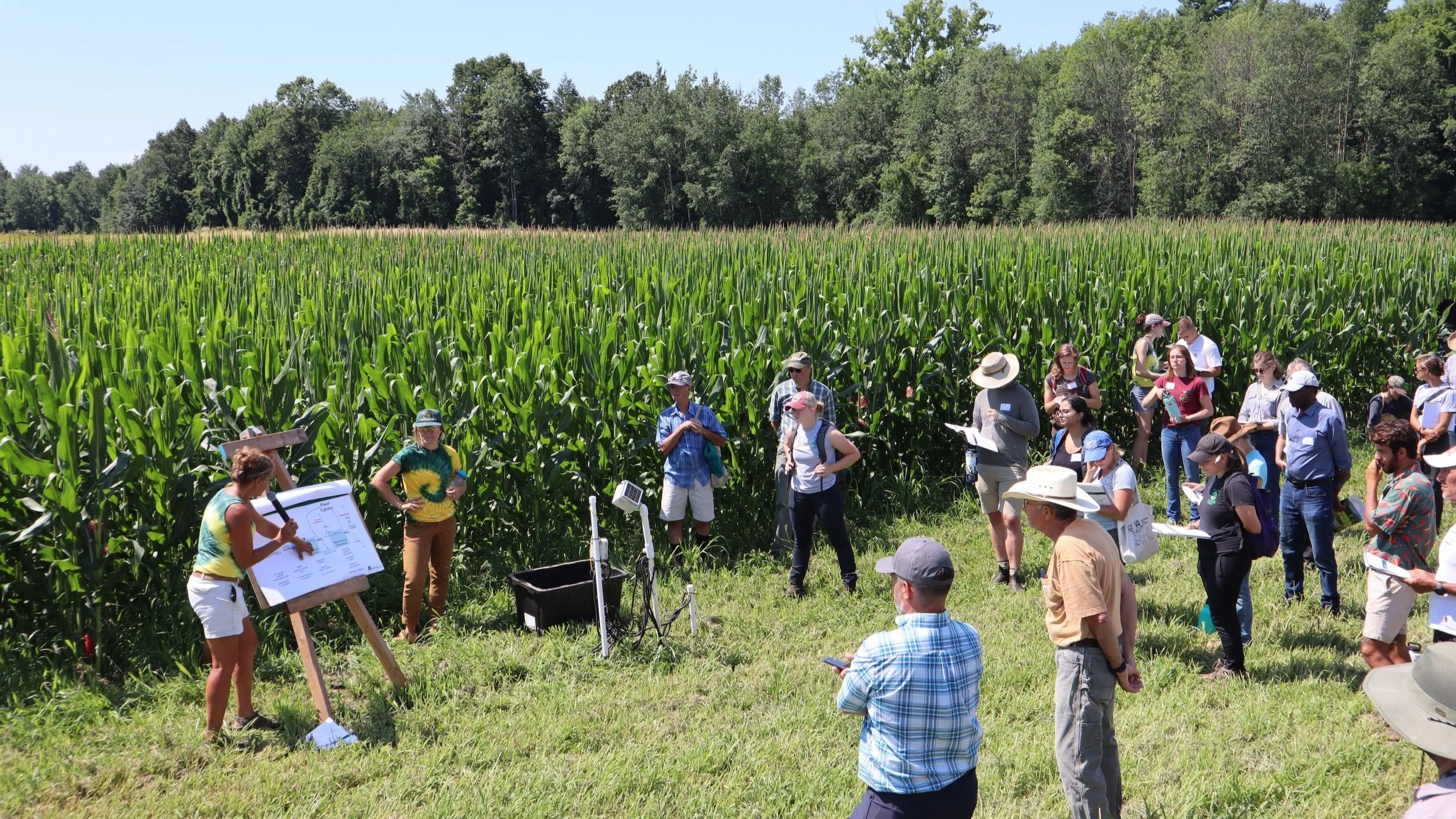
About Us
The Problem
Feeding 10 billion people by 2050 will require transformative changes in our food production systems. Water scarcity, herbicide-resistant weeds, extreme weather events, and declining soil and water quality are increasing crop production risks, lowering yields, and negatively impacting the environment. Increased use of sustainable agricultural practices, such as reduced tillage, diversified crop rotations, and integrated weed management in tandem with cover cropping are necessary to achieve this goal. New technologies for such practices are constantly being created, but huge costs and risk-averse companies often prohibit farmers from adopting them. In addition, farmers repeatedly cite management complexity and a need for site- and system-specific information to aid in their transition to sustainable agriculture.
Our Response
Precision Sustainable Agriculture is accelerating adoption of new practices by developing affordable, user-friendly, highly scalable, deployable solutions. We are a transdisciplinary community of farmers, scientists, engineers, educators, commodity group members, government agents, and private industry leaders. We’re building pathways from scientific discovery to creation of resources and services that support productive, profitable, sustainable farming systems across the United States.
Our Agricultural Image Repository informs our tools and sensors that help farmers make real-time, data-driven decisions to maximize yield and better respond to weeds, insects, and diseases.
Our Data Services team provides researchers with low-cost, high-precision tools and support for planning studies and collecting data on working farms.
Our Decision Support Tools provide tailored, site-specific species, seeding, economic, and nitrogen information on cover cropping.
Our Plant and Soil Sensing Technologies allow farmers to gather detailed, reliable information about their fields quickly and accurately.
Our research teams specialize in ongoing, coordinated trials that maximize site specificity.
Our undergraduate course, offered at seven universities since 2021, educates on using cover crops to improve sustainability.




